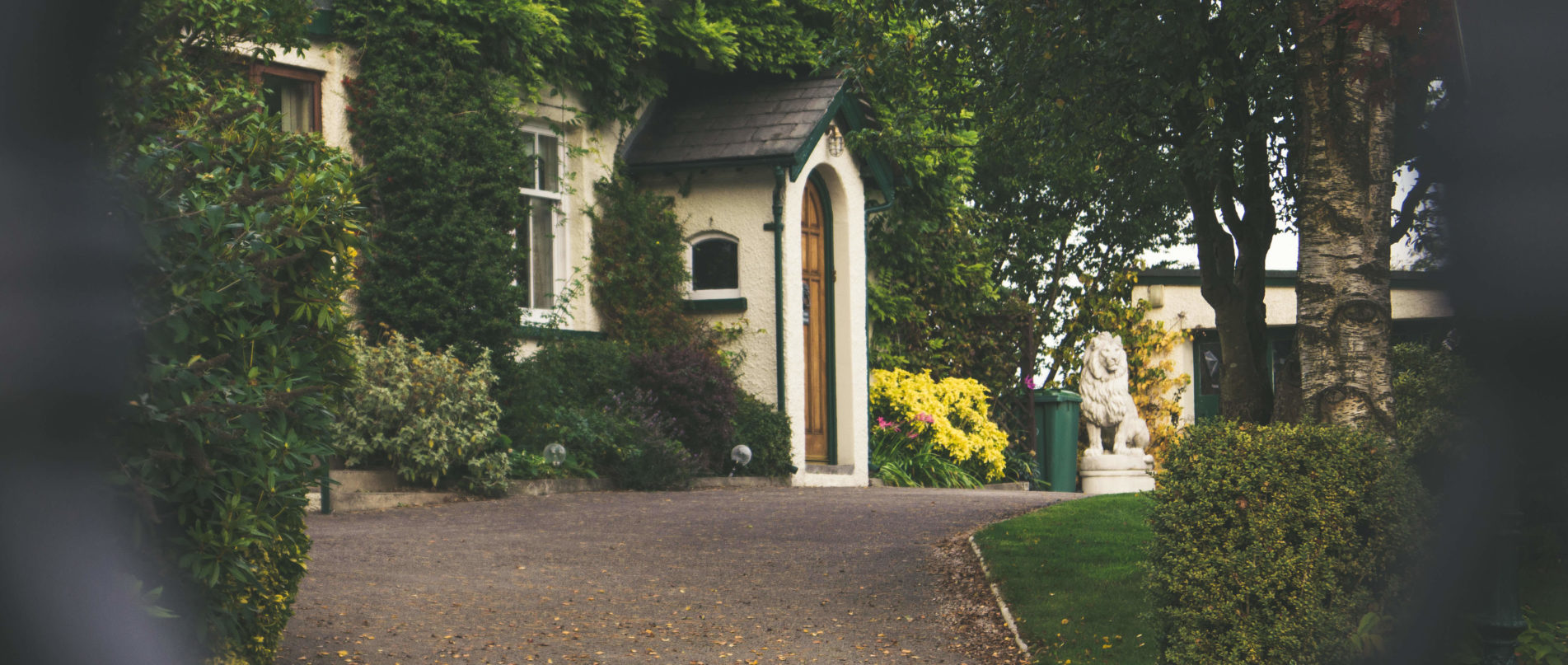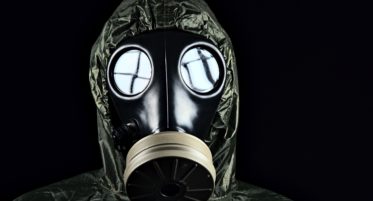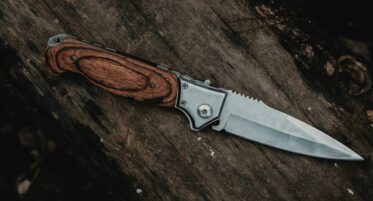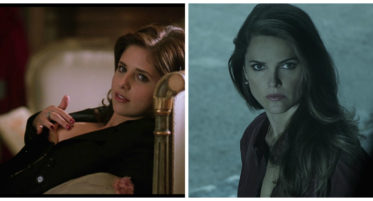
Prompt Images
The house was old and they were old. It was early May, but the windows were closed, curtains pulled. They sat in the front room facing the unused fireplace, taking turns not speaking, combing the secrets from his beard. “I don’t think we need lawyers,” she said, trying to sound reasonable. In the end, she hired one anyway, which is how she got the house.
After the divorce, he moved three blocks away, down Greenwood.
“We are twin volcanoes spitting ash,” he’d said to her on the porch, tossing the words over his shoulder, a line he’d stolen from one of his patients. She shut the door and watched his silhouette through the frosted glass, blurring and fading, walking to the street. Their sons listened to her cry from the living room as they swept couch-shaped patches of dust into evenly spaced piles along the baseboards.
Without her around, he lived on Applebee’s and Kentucky Fried Chicken and never took out the trash. Their sons stayed with him on Saturdays and Sundays. They walked to his apartment along opposite sides of the brick paved street, not talking. He’d be waiting for them on the balcony and throw down the keys he kept promising to copy.
Without him around, she lived on tea and airport detective novels. On Saturday mornings she wore her robe, listening to their sons packing for his apartment, arranging the smooth river stones she took from their failed garden on a baking sheet and placing them in the oven. When they left the house, she ran the tap in the scummy tub and wrapped the stones in tinfoil, carrying them upstairs bundled in a towel. She stayed in the bath until noon, taking the hot stones one by one off the toilet seat and dropping them in the unscented water.
She tried to try.
She learned to make coffee, to cook eggs. She told her friends she was turning his office into a project room, but kept the door shut, walking quickly down the hallway to the bathroom, afraid that the smell of him still lingered. She only saw him once without meaning to, his car driving by as she pulled out of the drive through at the Burger King and onto MacVicar. She followed him toward Greenwood, willing herself not to pull up next to him, pretending she couldn’t see a woman’s arm resting out the passenger window.
He tried to try.
He bought a bicycle and some free weights. He told the other doctors he was going to learn to build furniture but abandoned the wood he picked out on a pushcart in the paint section of the Lowe’s. He drove the long way home from the office at night, turning from 1st onto Greenwood and slowing past her house that used to be their house. Lights were always on in the upstairs rooms, but he never saw her, even once. Standing on his balcony, waiting for their sons, he could sometimes see smoke rising in the air over the neighborhood, and he wondered if she had kept their tradition of burning leaves.
Their sons turned sixteen and thirteen. She tried to have boyfriends, but never invited them over and never took them to the restaurants on 10th Street. Their sons turned seventeen and fourteen. He went on fucking the same women he’d always fucked, including her, just once, against the side of his Volvo in parking lot at the Wood’s Mini Mart they’d designated as a neutral space to use when they had to meet about their sons. She leaned back into him, his long beard soft against the exposed part of her shoulder, his left hand on wrist, her left hand grasping the roof rack he’d installed for the bike he never rode.
Their second winter apart, the hospital announced it was moving to San Antonio.
He had been slipping all year and knew he wouldn’t be asked to come along. He was already old and divorce had made him older. Money started to run out. “I’m trying, I’m fucking trying,” he told her over the phone. He still paid her child support but she stopped bothering him about the alimony. “I know, Mon Loup,” she told him, the old nickname reflexive and instantly regretted.
By October, she stopped cashing his checks altogether. He was down to three patients and only worked on Wednesdays. In March, the hospital left for good. He piled into the Volvo with their sons and drove to the grounds and his code still worked at the gate. They cruised the abandoned, snaking roads, stopping to pee in the pond and throw rocks through the windows of his old building. He brought wine and sat in the backseat, drinking but not drunk, letting their sons take turns behind the wheel.
When he finally decided to leave, he couldn’t afford movers.
The job in the hardware store hadn’t lasted. He paid their sons to pack his things, to drive his furniture to dumpsters behind the Food 4 Less in the summer dark. On the day before he had to be out, they found a nest of baby mice behind the broken futon in the back bedroom. They threw the warm, translucent bodies off the balcony to the German Shepherd that lived downstairs, who caught them one by one.
She drove by his apartment eight times the morning of the last day on his lease, the exhaust from her silver Dodge Caravan filled the air, drifting through his open windows. His car was parked poorly on the street, filled to eye level with work papers and undershirts and half-coiled twists of wire from his sound system. Something familiar caught her eye with every pass, and she swore each time that she was headed home, the whispered lie drowned out by the squeaking of her underinflated tires rubbing against the bricks in the roundabout.
He handed the single set of keys he’d never copied to the building manager and looked up at the broken kitchen window. He propped his leg up on the bumper of his car, and wrote a check for the damages he knew would never clear. He walked over to her house that used to be their house to say goodbye to their sons. He stood on the porch for a full minute before ringing the bell. She saw his silhouette in profile through the frosted glass of the front door, and just for a moment, felt the old gravitational pull.
She opened the door, smiled at him, and walked to the living room.
Their sons stood against the hallway wall like prisoners at bed check. He knew had never been good at comfort. Neither of them had. She sat with her hands over her ears, perched on the arm of her new couch like a vulture or a gargoyle, facing the unused fireplace. He hugged their stiff bodies, both at once, wrapping his arms around their drawn shoulders and pulling them into his beard. “I’ll miss you,” he meant to say, but didn’t.
After he left, she climbed the stairs and turned on the bath. She walked down the hall to her bedroom which used to be their bedroom and took off her clothes. It was hot, and the oscillating fan’s short patrol only blew air toward the half-made bed. She lay face down on the hardwood floor, breathing in, breathing out, breathing in, breathing out.
Three blocks down Greenwood, he got into his car. When she was sure the tub was almost full, she stood. In the dresser mirror, she could see the dust clinging to her breasts and hips, beaded in her sweat. He turned the key in the ignition, and the Volvo came to life. Driving away, he traced his finger in a line along the dash. A single dark streak appeared on the dirty plastic plane. She smiled at her reflection and drew a toe through the damp, dark patch she’d left on the floorboards. She put on her robe. She left the room.



